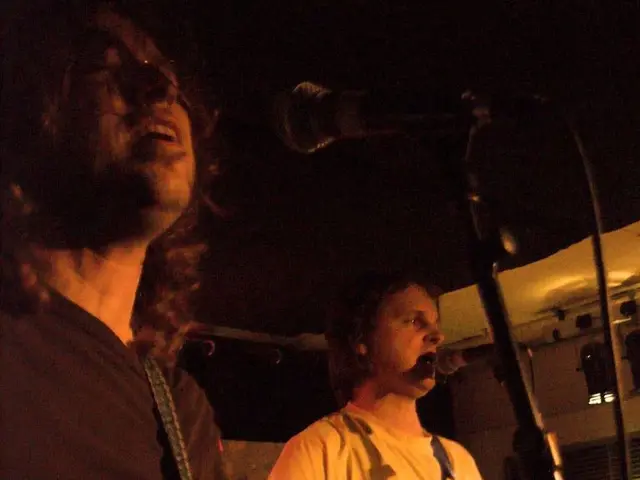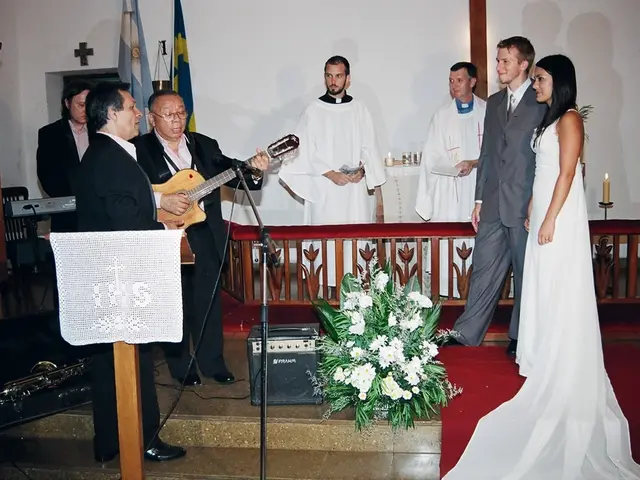Trump government imposes penalties on additional officials from the International Criminal Court
The Trump administration has intensified its battle against the International Criminal Court (ICC) by imposing and expanding sanctions on ICC officials, particularly those involved in investigations related to the United States and Israel.
The sanctions, which include visa restrictions and blocking of property and interests, were first introduced in February 2025 with the signing of Executive Order 14203 by President Trump. This order accused the ICC of engaging in “illegitimate and baseless actions” against the U.S. and Israel.
On August 20, 2025, the U.S. Department of State sanctioned four additional individuals currently serving at the ICC who were directly involved in investigations, arrests, detentions, or prosecutions related to the U.S. and Israel. These officials include Kimberly Prost, one of the designated officials, who is being specifically designated for ruling to authorize the ICC's investigation into U.S. personnel in Afghanistan.
The sanctions reaffirm the U.S. position against ICC jurisdiction over American and Israeli nationals, signaling a continued pressure campaign. Notably, these U.S. sanctions are unilateral, with no corresponding UN, EU, or UK sanctions on the ICC.
The sanctions have intensified the ongoing debate regarding sovereignty and ICC judicial reach, particularly reflected in reactions from countries like the Netherlands where the ICC is based. Advocacy groups regard the U.S. measures as coercive efforts that raise operational costs for the ICC but have yet to alter the Court's investigations.
The ICC's actions against Israel have been ongoing since at least 2024, with the ICC issuing arrest warrants for Israeli Prime Minister Benjamin Netanyahu and former Defense Minister Yoav Gallant in November 2024 for alleged war crimes and crimes against humanity.
The executive order was signed in response to the ICC authorizing a probe into alleged war crimes committed in Afghanistan by U.S. and Afghan forces as well as alleged war crimes and crimes against humanity committed by the Taliban. The order authorizes punitive measures like sanctions and possible entrance bans on ICC personnel.
In addition to Prost, sanctions have been imposed on three more ICC officials: Nicolas Guillou, another ICC judge, who is being designated for ruling to authorize the ICC's issuance of arrest warrants for Netanyahu and Gallant; and Deputy Prosecutors Nazhat Shameem Khan and Mame Mandiaye Niang, who are being designated for continuing to support illegitimate ICC actions against Israel, including upholding the ICC's arrest warrants targeting Netanyahu and Gallant.
The sanctions and visa restrictions authorized by Trump's executive order can potentially include entrance bans, making it difficult for the designated officials to travel to the United States. The ICC probe into Afghanistan was initiated in 2020, and the Court continues to investigate alleged crimes committed by all parties involved in the conflict.
References:
- Executive Order 14203
- U.S. Department of State: Sanctions on ICC Officials
- Reuters: U.S. Sanctions Four ICC Officials Over Afghanistan Probe
- Deutsche Welle: Netherlands Opposes U.S. Sanctions on ICC Officials
- Human Rights Watch: U.S. Sanctions on ICC Officials
Read also:
- United States tariffs pose a threat to India, necessitating the recruitment of adept negotiators or strategists, similar to those who had influenced Trump's decisions.
- Weekly happenings in the German Federal Parliament (Bundestag)
- Southwest region's most popular posts, accompanied by an inquiry:
- Discussion between Putin and Trump in Alaska could potentially overshadow Ukraine's concerns








